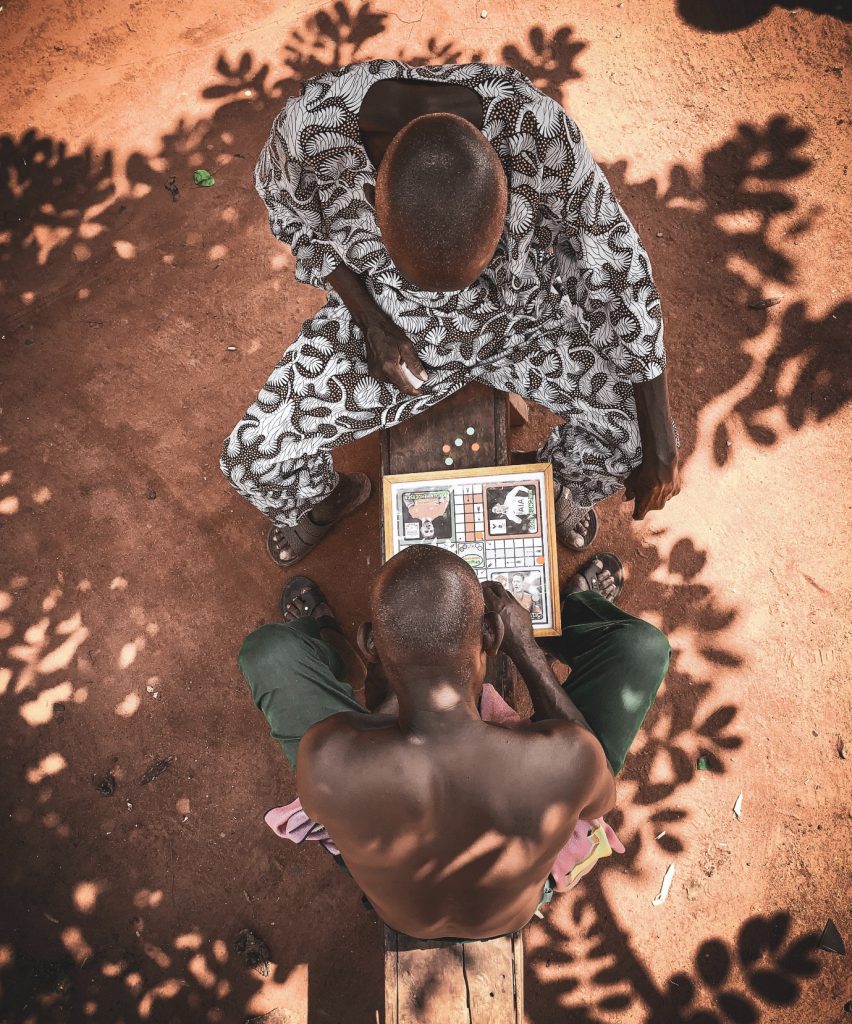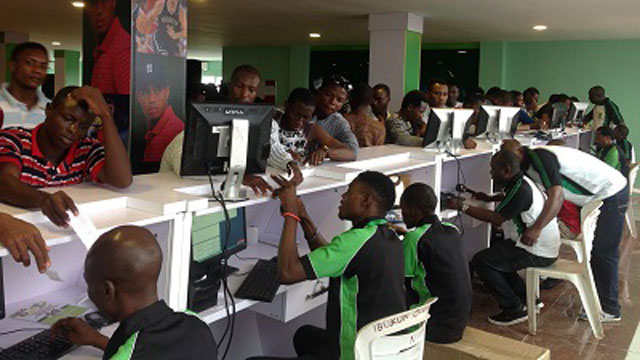Gambling, as a form of entertainment and chance, has woven itself into the cultural fabric of nations around the world, and Nigeria is no exception. Over the course of history, the country’s gambling landscape has transformed from traditional communal games to modern casinos and online platforms. A journey through the evolution of gambling in Nigeria offers insights into the cultural, economic, and regulatory shifts that have shaped this industry.
Ancient Roots and Traditional Games
Gambling is actually well known and rooted in Nigerian culture, with traditional games that have been serving as an integral part of social gatherings and ceremonies. Games like Ayo (Mancala), Ludo, and Draughts (Nigerian Checkers) have been passed down through generations, providing a means of entertainment while fostering social bonds. These games were often played with symbolic items such as seeds, stones, or dice, allowing players to test their luck and strategize their moves, although, it should be known that most times these games are played just for fun.

Though gambling has existed for a long time, in Nigeria it used to be seen as somewhat of a rebellious act and was actively discouraged in churches and religious circles. But in the late 1990s the Nigerian government saw an opportunity to gain tax revenues from the act and decided to legalize some types of gambling. Some arguments over the effects of the partial legalization of gambling state that it has been a driving force in the public’s acceptance of the activity, especially to the younger generation. However, others have stated that research on the topic is not thorough enough to fully understand the effects of gambling’s partial legalization in the country.
Colonial Influence and Emergence of Lotteries
With the arrival of colonialism, gambling in Nigeria saw a shift towards European-style lotteries and betting shops. The establishment and running of the Lagos Race Course in the late 19th century through to the mid 20th century marked the entry of horse racing into the Nigerian gambling scene. It catered primarily to the expatriate community present at the time, with lotteries also gaining in popularity, and offering the chance to win substantial prizes.
The Rise of Casinos and Sports Betting
The 1970s brought a significant transformation to the Nigerian gambling landscape, marked by the opening of the first casinos. These casinos offered a diverse range of games, from table games to slot machines, and provided a sophisticated gambling experience that attracted both locals and tourists. The late 20th century also witnessed the rise of sports betting, particularly in football-mad Nigeria. The advent of football betting shops and pools captured the enthusiasm of Nigerians and cemented the connection between gambling and sports.
Digital Revolution and Online Gambling
The 21st century ushered in a new era for gambling in Nigeria, characterized by the digital revolution. Online gambling platforms gained prominence, enabling Nigerians to access a wide array of casino games, sports betting, and other forms of gambling from the comfort of their homes. The accessibility of mobile technology and the improvement of internet infrastructure further accelerated this trend, allowing users to place bets on their smartphones, tablets and computers with relative ease. Some of the most popular sites or betting companies in Nigeria include Bet9ja, Sportybet and Betking, all of which offer sports betting as their flagship service to Nigerians, which is no surprise because sports betting is the most popular type of gambling in the country. The country features only a few physical casinos, often integrated into tourist destinations and resorts, with the biggest being the Federal Palace Hotel and Casino in Lagos.

Regulatory Challenges, Social Impact and the Future of gambling
As the gambling industry in Nigeria continued to evolve, regulatory challenges emerged. The government grappled with striking a balance between addressing societal concerns related to addiction and ensuring a fair and transparent gambling environment. The Nigerian Lottery Commission was established to oversee and regulate gambling activities, aiming to provide a framework that supports responsible gambling practices.
The evolution of gambling in Nigeria has been influenced by cultural attitudes towards risk, luck, and chance. While some view gambling as a harmless form of entertainment, others express concerns about addiction and its potential negative impact on individuals and families. Balancing the cultural significance of traditional games with the modernity of digital platforms has become a complex endeavour.
Despite religious opposition to gambling in both Muslim and Christian communities, the gambling industry in Nigeria is still expanding. It’s unclear whether this signifies a shift away from strict religious views, especially among the youth, or a more tolerant stance in a modernizing society, or maybe this has more to do with the hardships that many in the country are facing, which is driving them towards more activities that promise quick riches. Maybe it is a combination of all of these things, but whichever it is, the pace with which gambling is growing, it will probably become an everyday activity in the coming decades.
The evolution of gambling in Nigeria reflects the nation’s journey through historical, cultural, and technological shifts. From the communal enjoyment of traditional games to the emergence of online platforms, gambling has adapted to changing times. As Nigeria navigates the challenges and opportunities presented by modern gambling, preserving the cultural heritage of traditional games while embracing the conveniences of digital platforms will shape the industry’s trajectory.








Facebook Comments